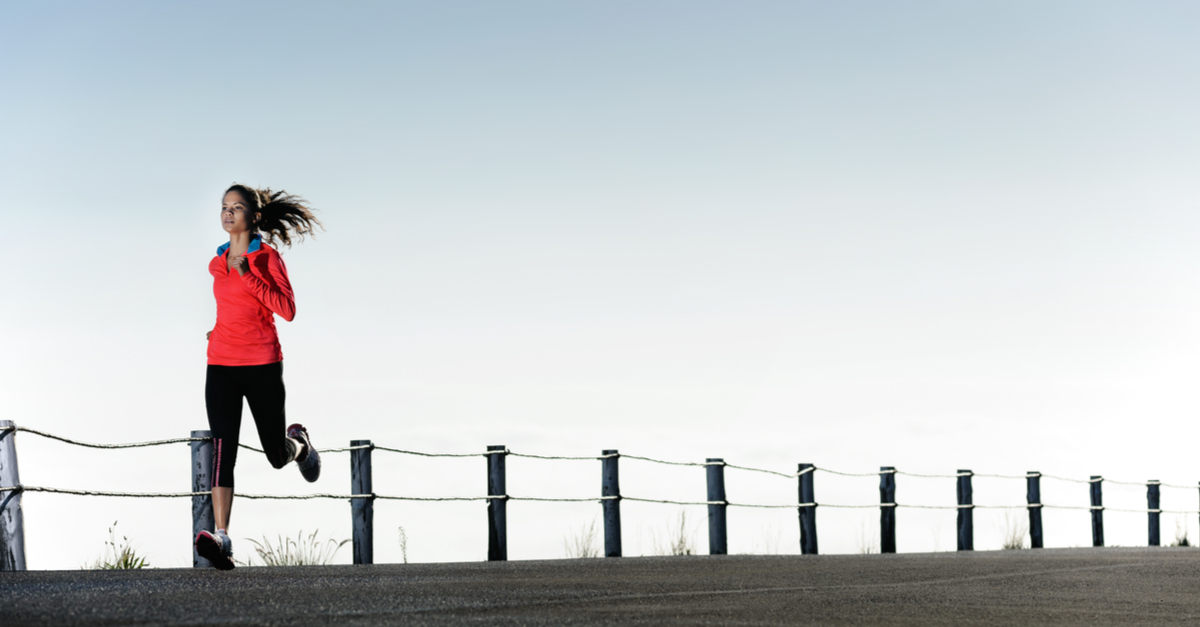By Kimberly Hayes
When you are recovering from an addiction, putting on a pair of sneakers and hitting the gym might be the last thing in the world that you want to do. However, as thousands of people recovering from substance abuse can attest to, physical exercise is one of the best weapons you can use against relapse. As well as keeping you physically healthy, fitness can help you curb triggers and provide a much-needed sense of balance and stability.
Choosing the Right Exercise
Before you start a new exercise program, visit your doctor for a physical exam; if you’re on Medicare, schedule your Annual Wellness Visit ahead of starting your new routine so you don’t have to pay anything out of pocket (especially if your finances took a dive while you were an active user) and so you can update your plan as needed to accommodate your new health needs in recovery. Even if you’ve always been active, remember that your body is getting used to a life free from harmful substances, and it may have different limits than it did before. Your doctor will help you establish an exercise program that is both healthy and safe.
Next, know that there isn’t a universal exercise that is ideal for everyone, so it is important to focus on choosing an activity that works for you. In the long run, these are the only workouts that you will actually keep doing. That said, there are a few forms of exercise that have been particularly successful with people in recovery. Yoga is a popular option because of its meditative and spiritual aspect, and many people claim this helps them find balance. For others, it’s the intensity and camaraderie of CrossFit or the rush of endorphins from running that has helped them stay on the path to recovery.
Socialization and Support
One thing you may notice from the stories of people who use exercise to aid their recovery is that, for many of them, it’s about more than the workout itself. A large part of the benefit of physical fitness is the socialization aspect, the encouragement and support that comes from striving for a common goal.
When trying to decide on a fitness routine, prioritize group classes and other collaborative environments rather than simply going to the gym by yourself. Specifically, look into exercise groups tailored to people in recovery. Exercising alongside people who are going through the same thing as yourself will make you feel less alone and more motivated to stay on the right path.
Dealing with Triggers
Speaking of loneliness, it is known as one of the most common emotional triggers for relapse, alongside hunger, anger, tiredness (together known as HALT) and stress. While exercise cannot do much for hunger, it can help with the rest.
According to Psychology Today, exercise is an effective form of anger management because it acts as a harmless physical release. The beneficial effects of physical activity on stress are widely reported and universally acknowledged. As counterintuitive as it seems, regular exercise also makes people less tired in their day-to-day lives. Overall, physical activity offers an exceptionally well-rounded solution to most stressors and triggers, helping you break the cycle of addiction.
Building a Healthy Routine
According to Business Insider, exercise is a keystone habit, meaning it is a habit that, once formed, encourages other positive behaviors along with it. People who exercise regularly tend to eat healthier, be less stressed, and perform better at work.
This means that focusing on your fitness can be a good way to improve your overall routine without overwhelming yourself. Instead of trying to force several new healthy habits into your schedule, just commit to sticking to a fitness routine. You will probably find that the positive effects of your workout start to affect other aspects of your life, such as your diet, sleep, and overall attitude.
Fitness is one of the best support tools available for recovery, but it is important to remember that it is just that: support. Exercise alone will not cure you, but it will foster positive thoughts, environments, and behaviors that will make recovery easier. As your body and mind get healthier, you will be thankful for the effort you put into your fitness routine and for the good habits you formed along the way.
